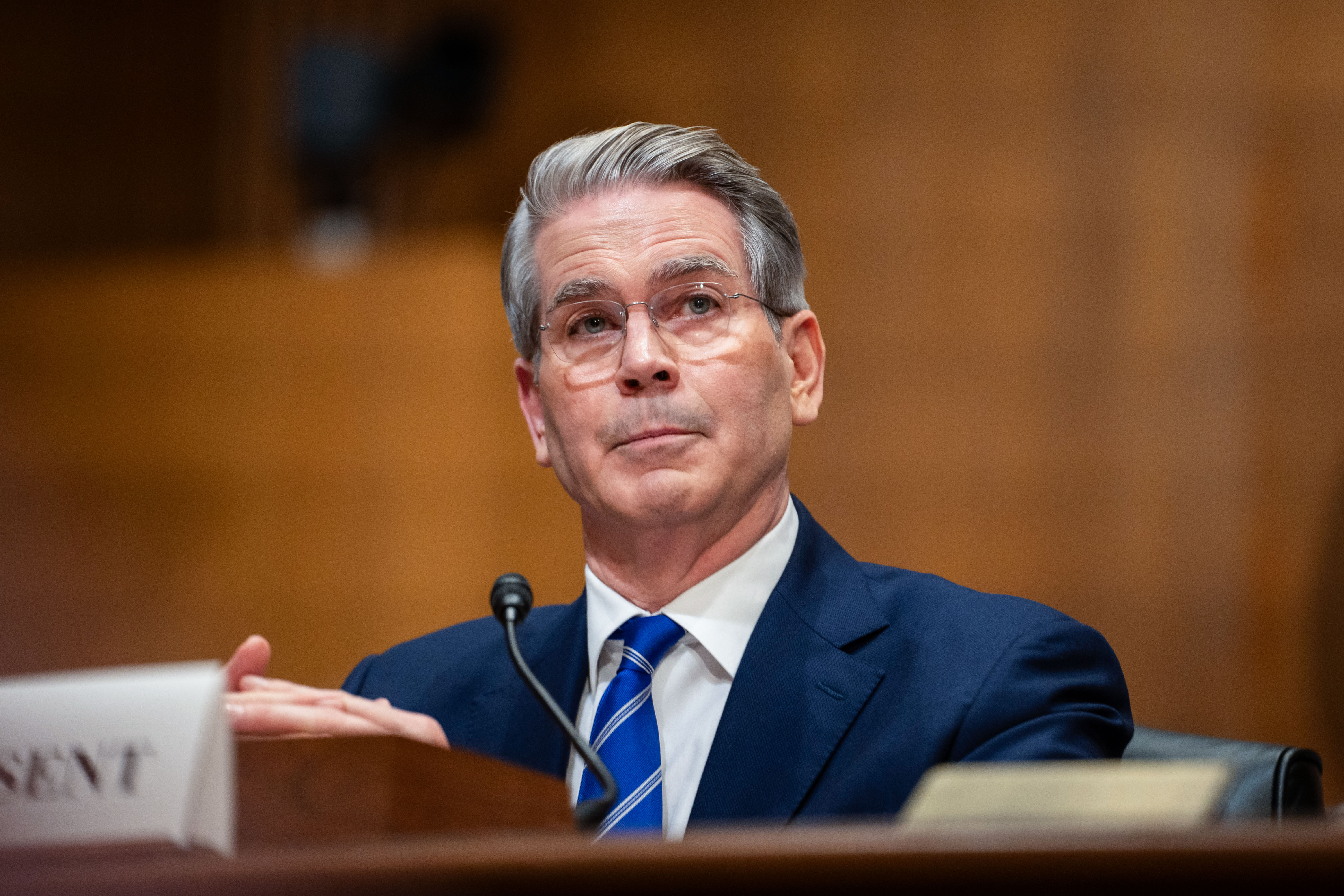
Updated
Bessent Defends Tariffs, Makes Case for Extending Trump Tax Cuts
Save

President-elect Donald Trump's nominee for Treasury Secretary, Scott Bessent, testifies before the Senate Committee on Finance on Capitol Hill in Washington on Jan. 16, 2025. Madalina Vasiliu/The Epoch Times
Here is the latest
•
Burgum Promises Bipartisanship on Alternative Energy
•
Bessent: 'No Reason' for Central Bank Digital Currency in US
•
Bessent Says He Will Push China to Honor Previous Trade Commitments
•
Bessent: Trump Tariffs Will be Used for Negotiations, Remedy Unfair Trade
•
Bessent Supports Federal Reserve Independence